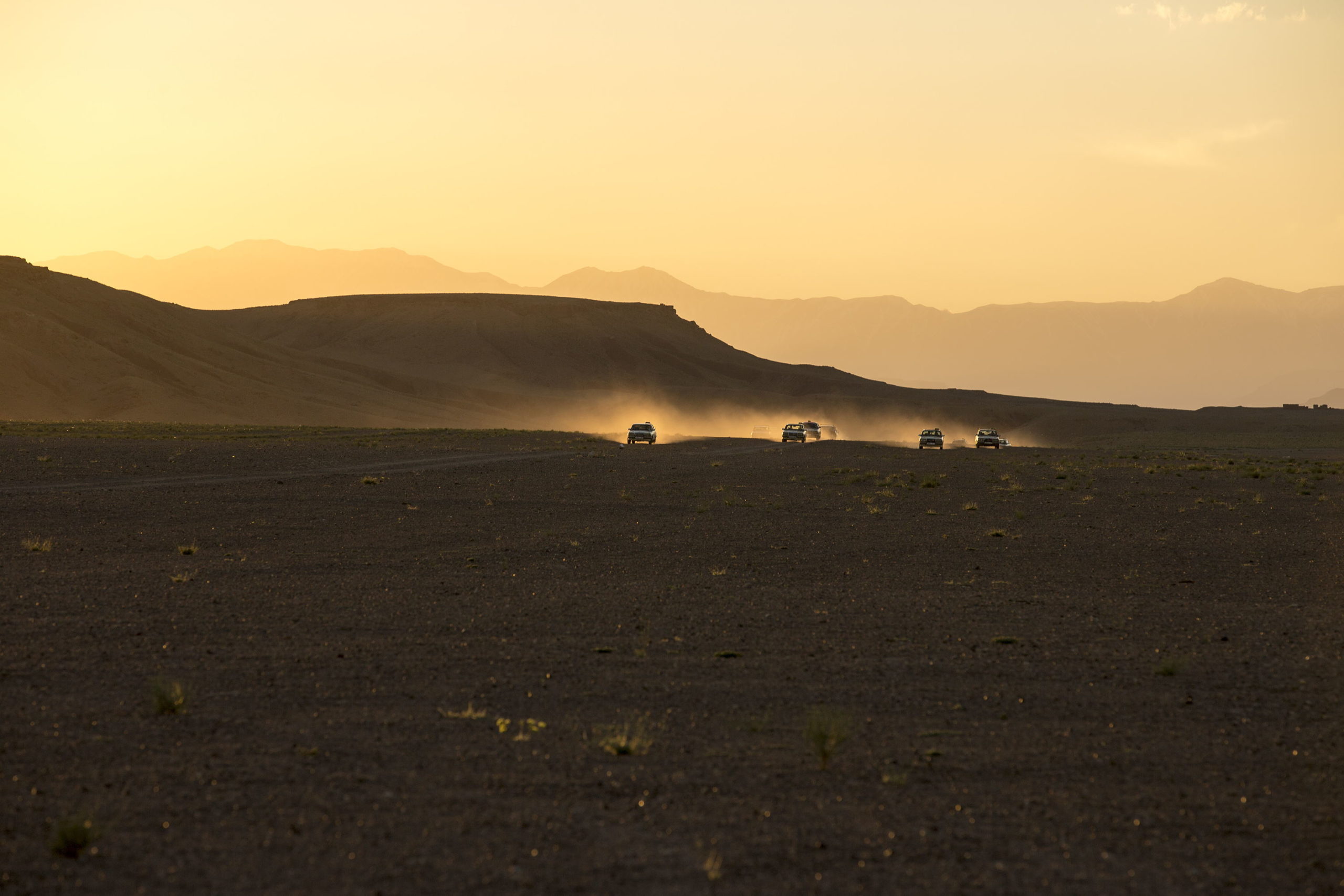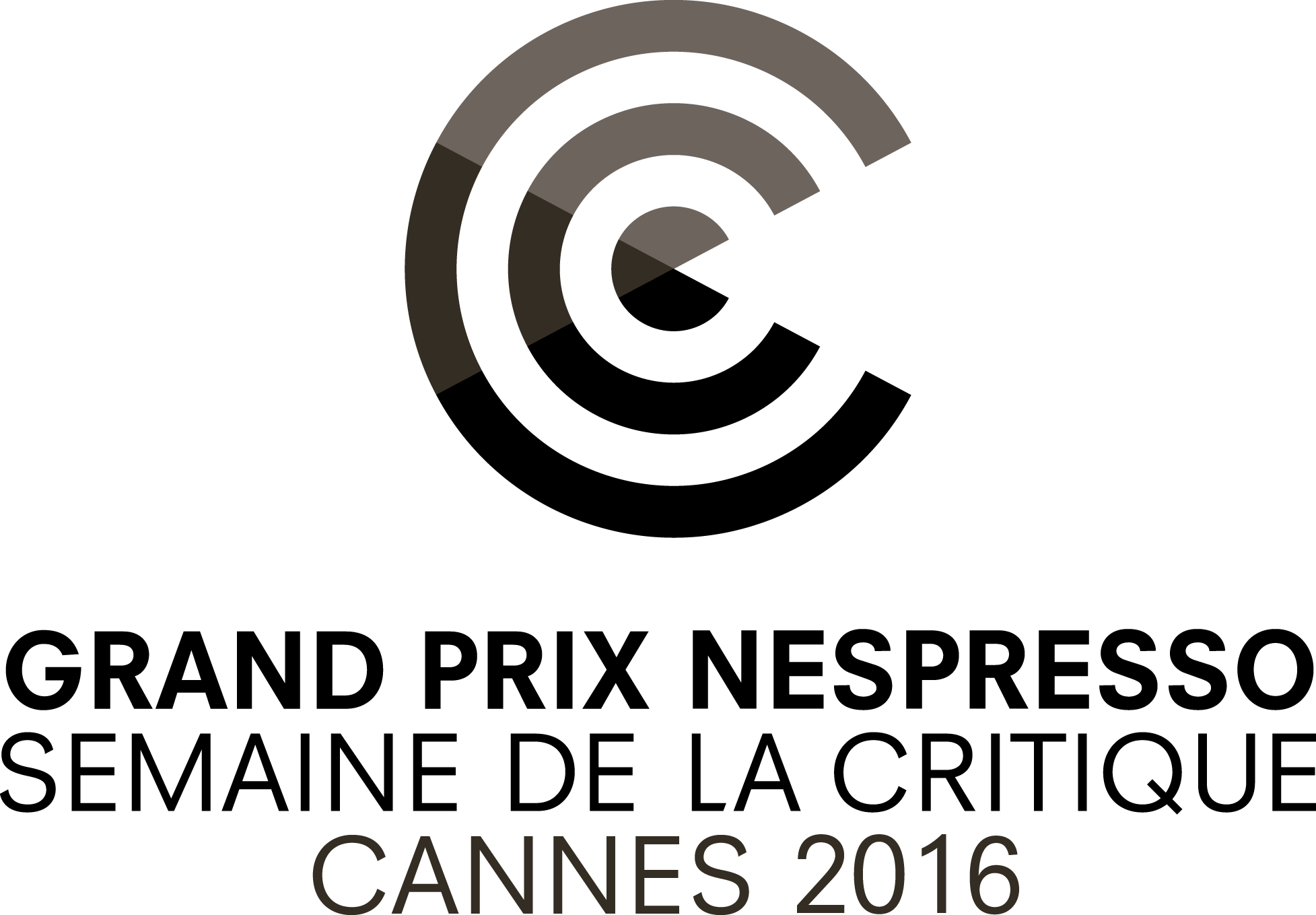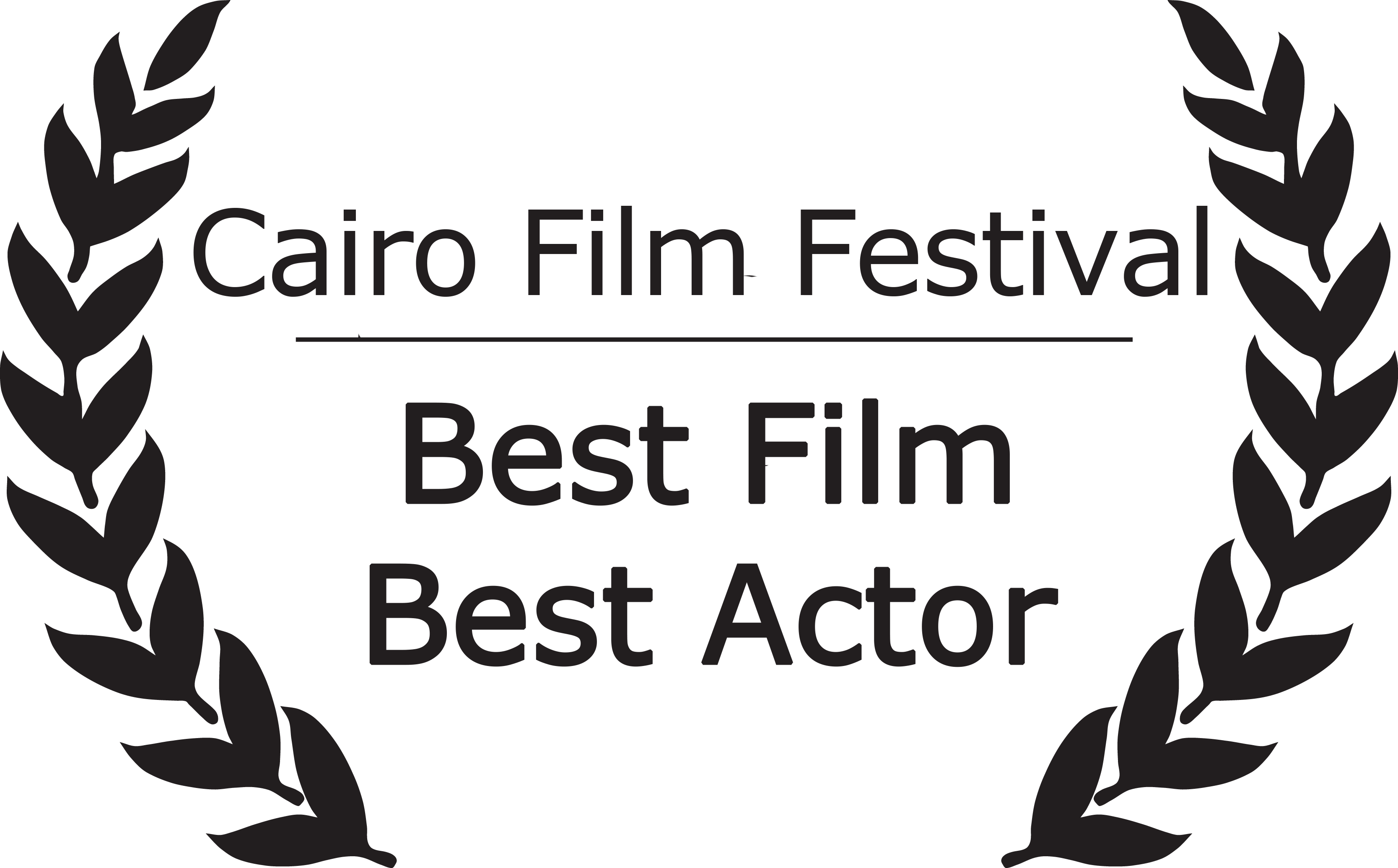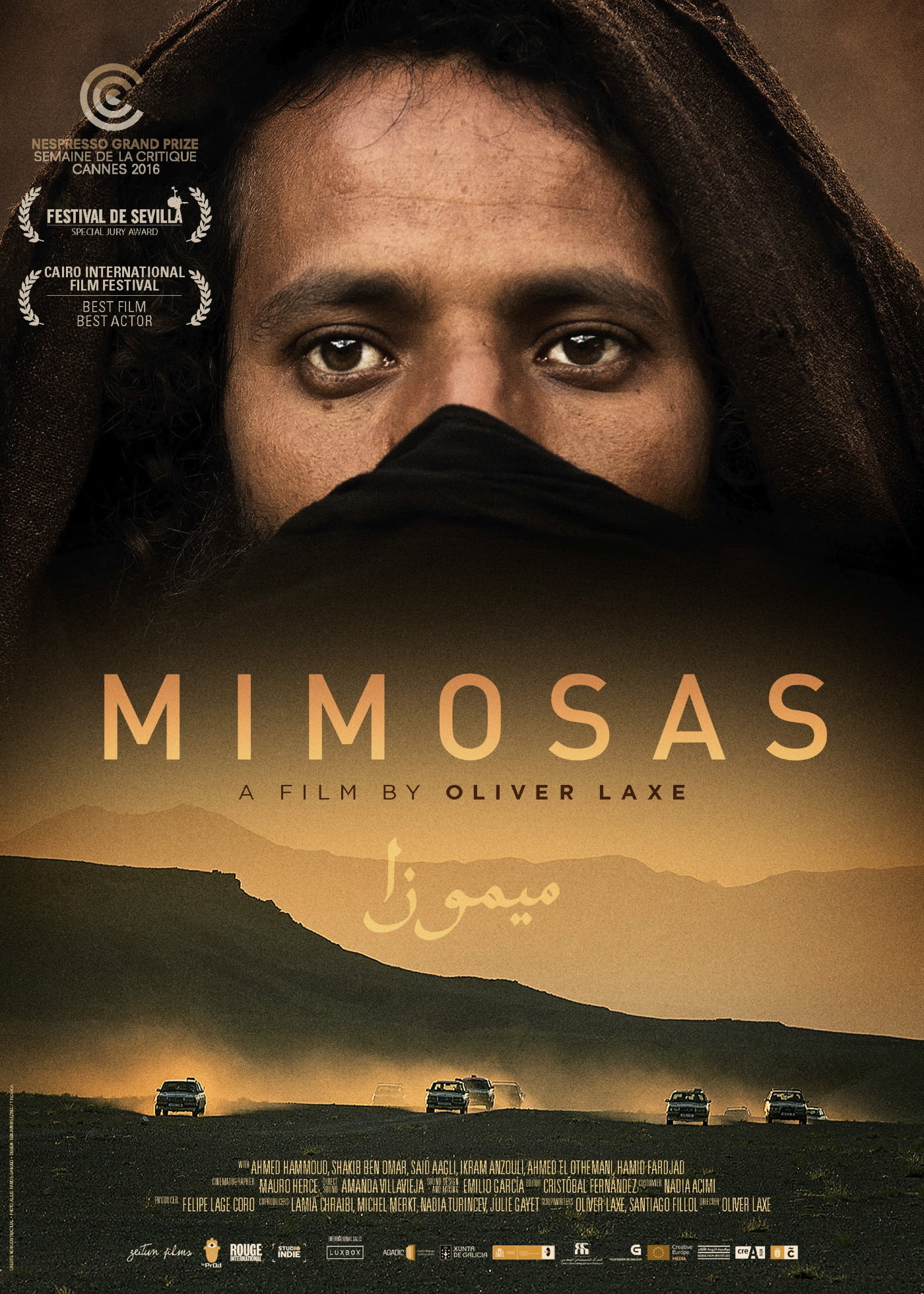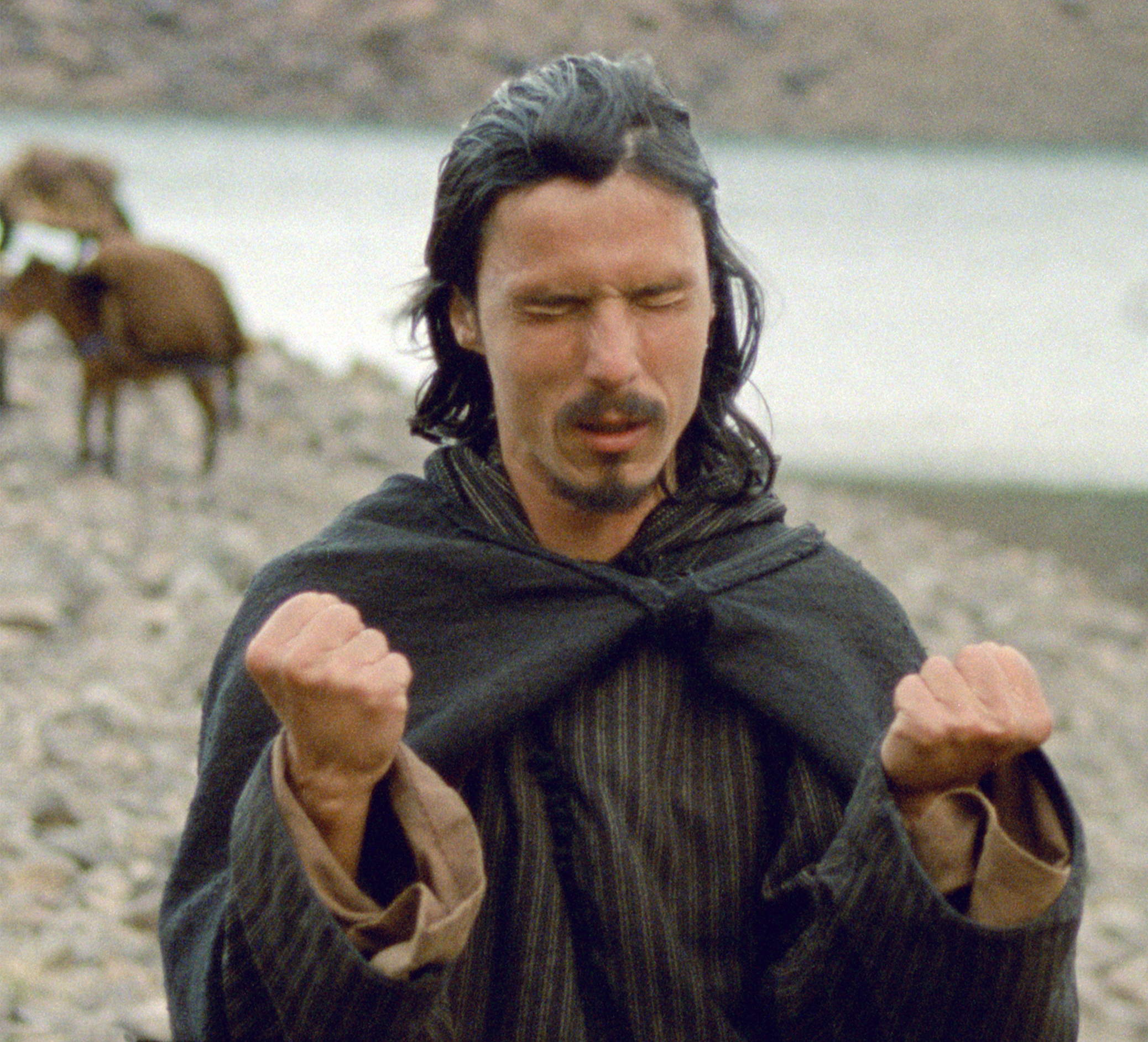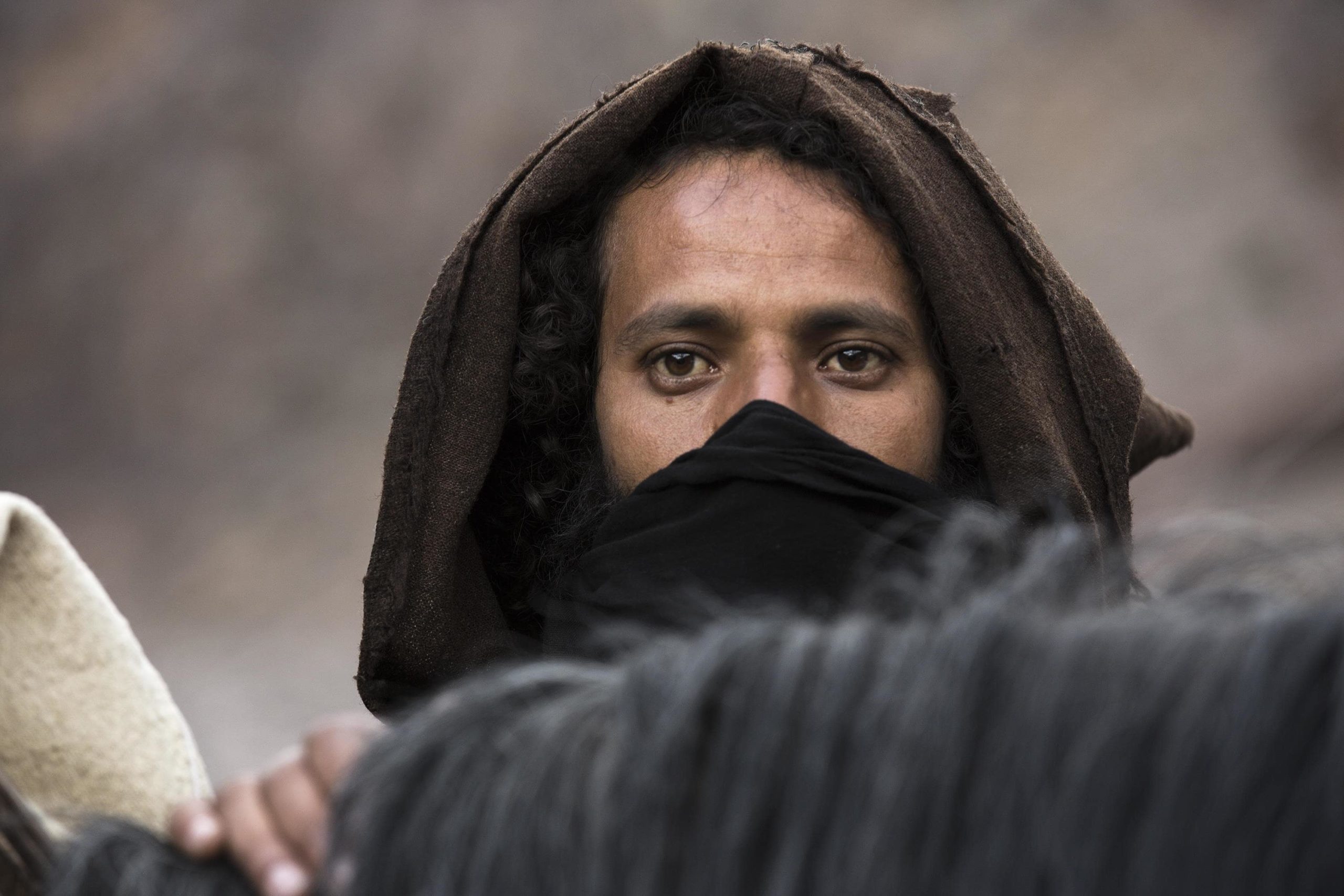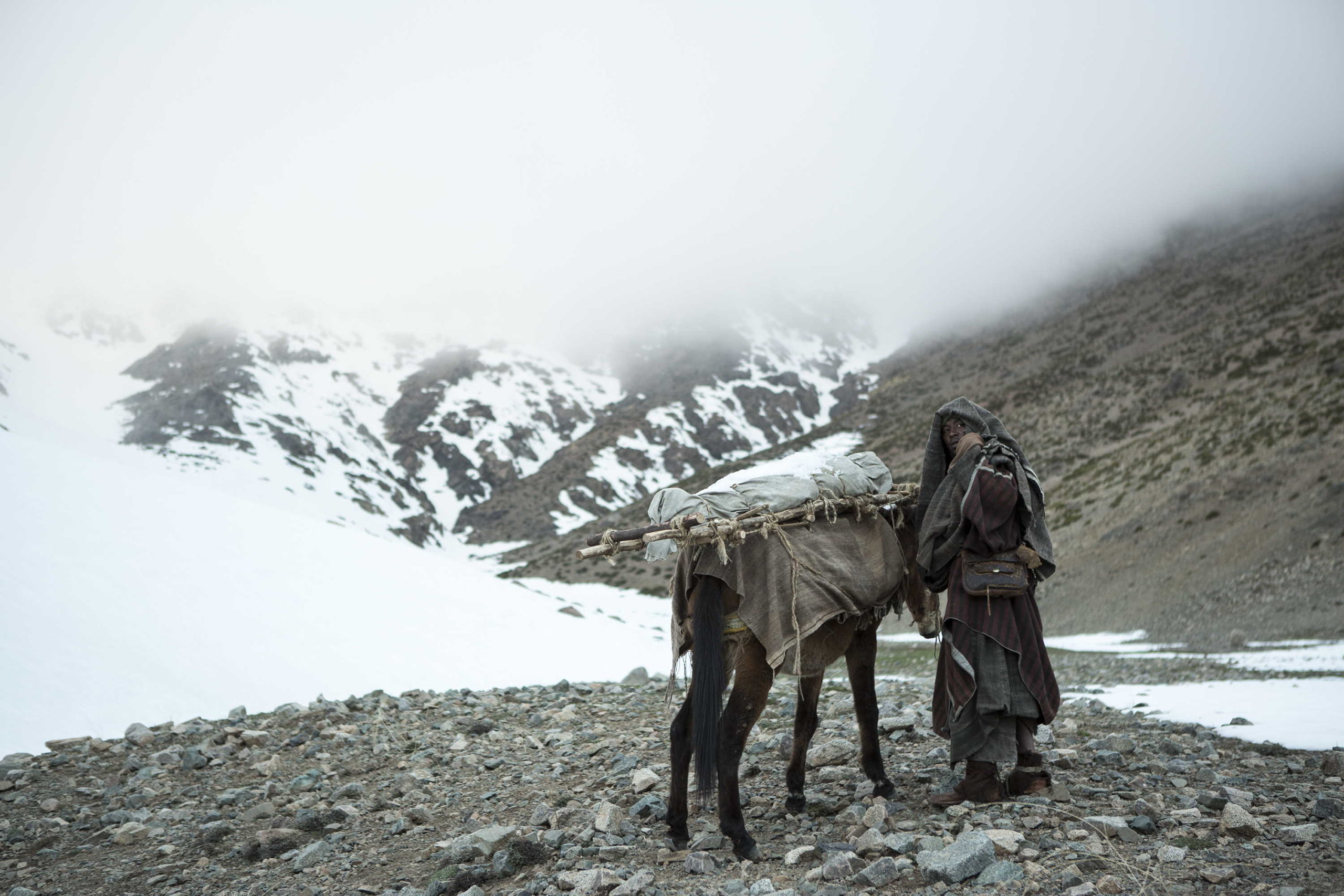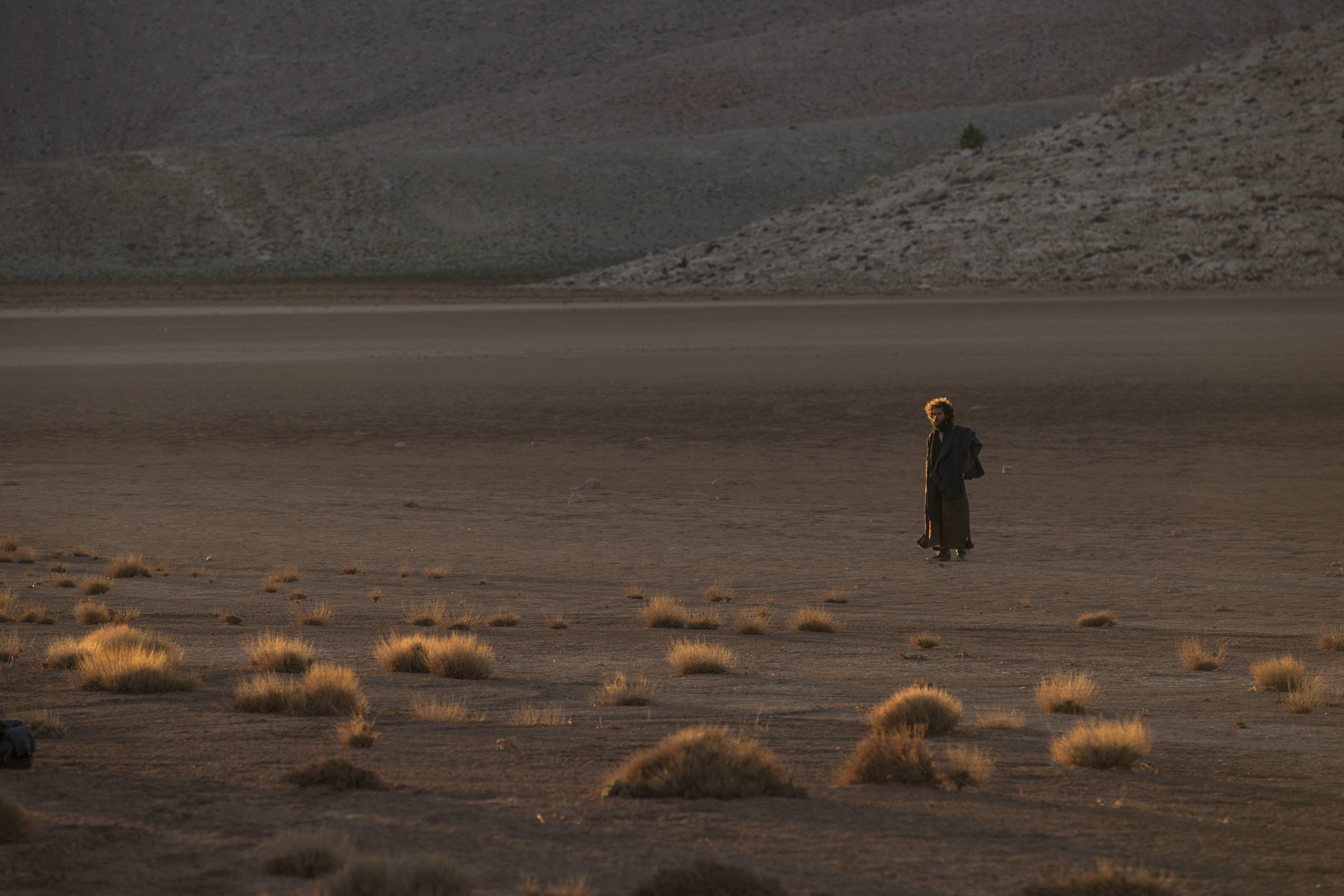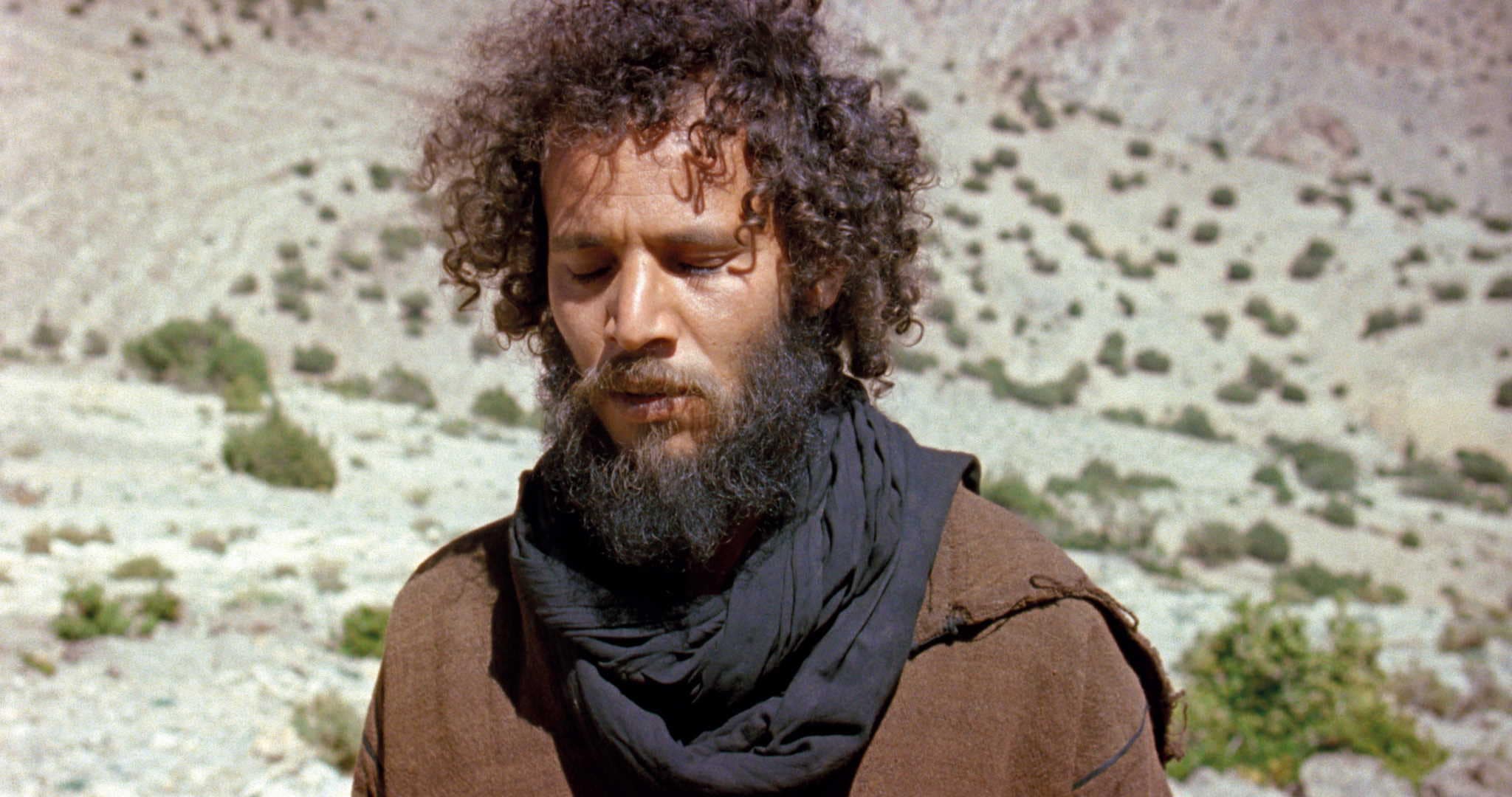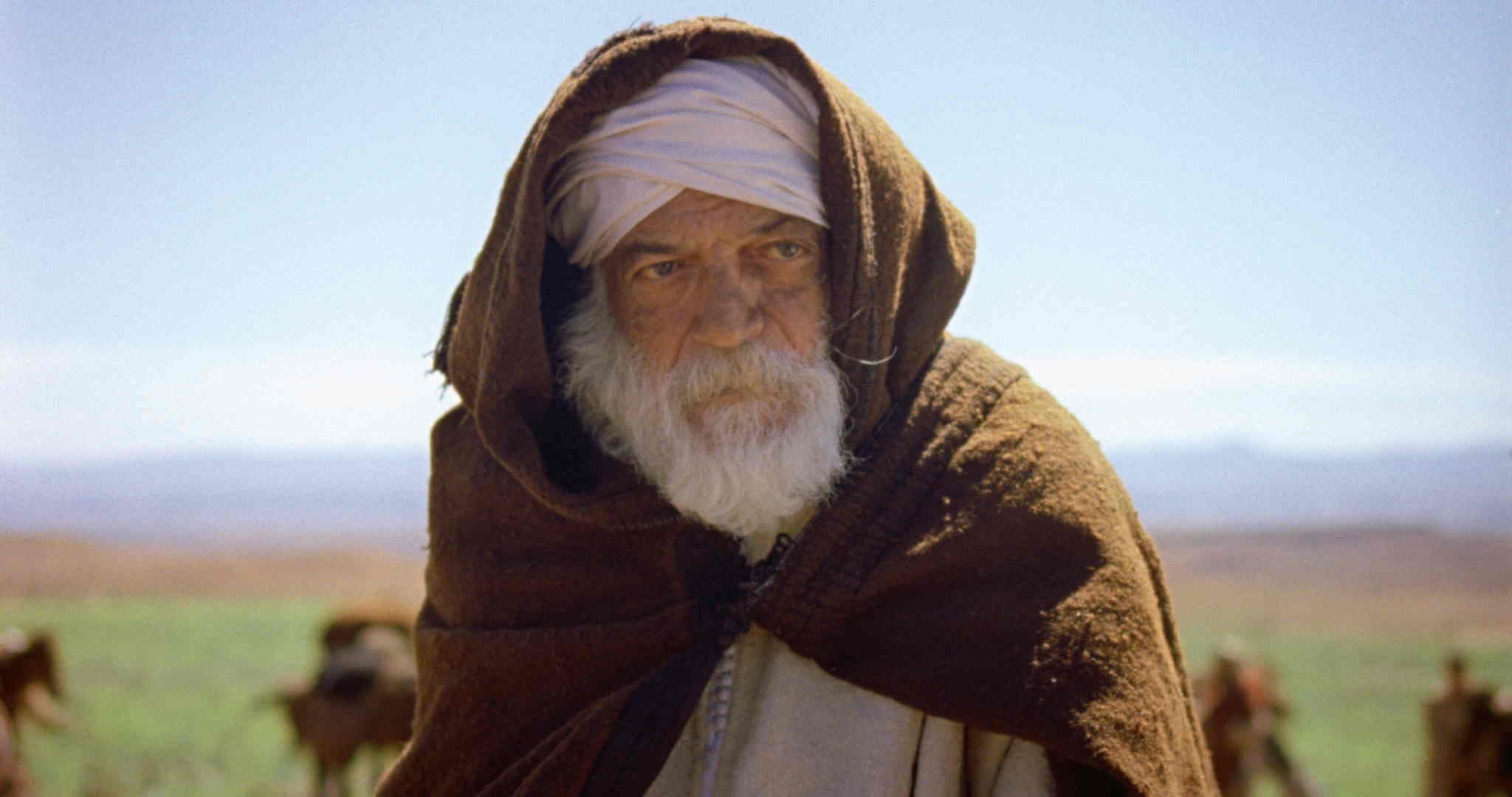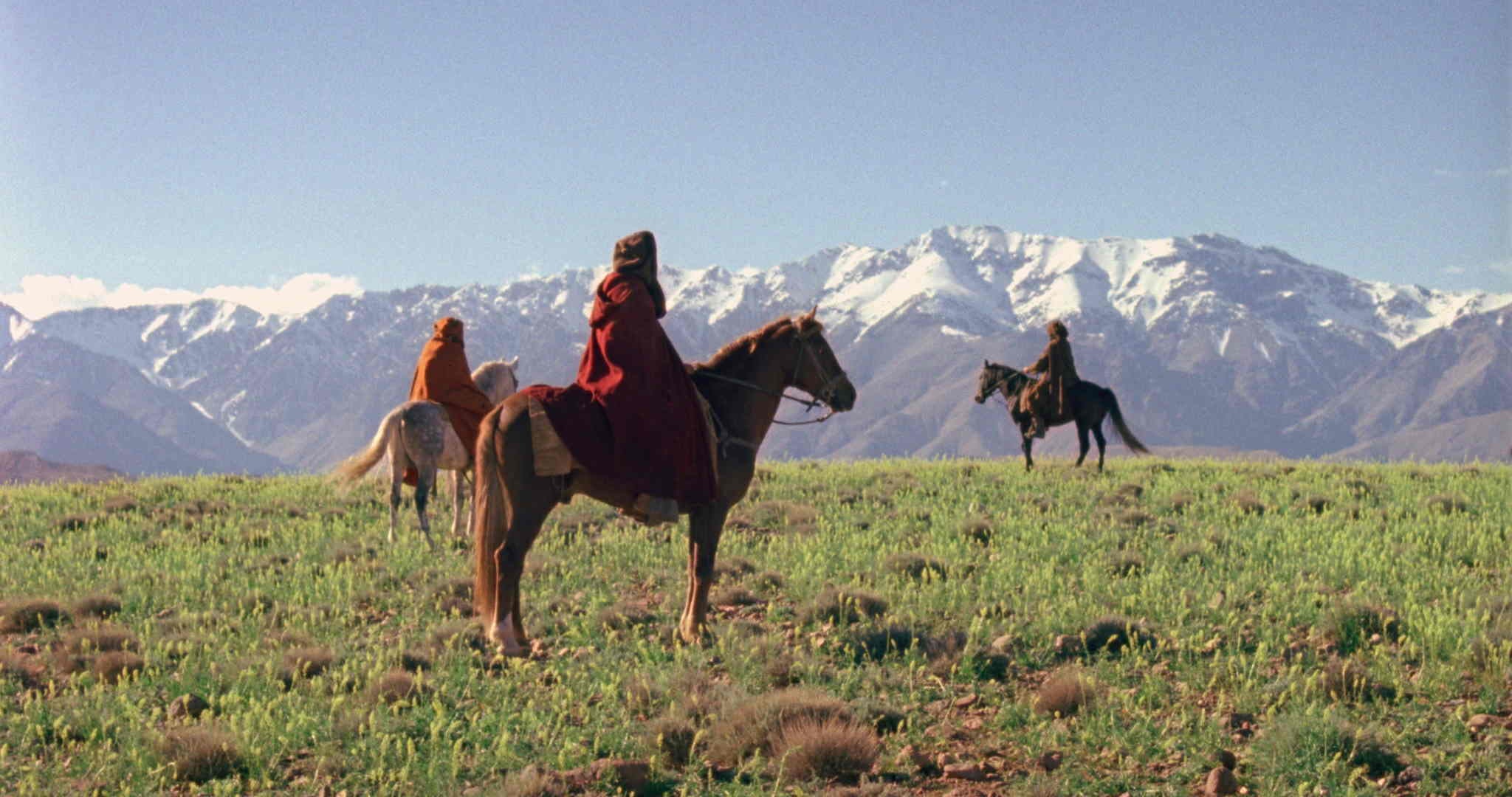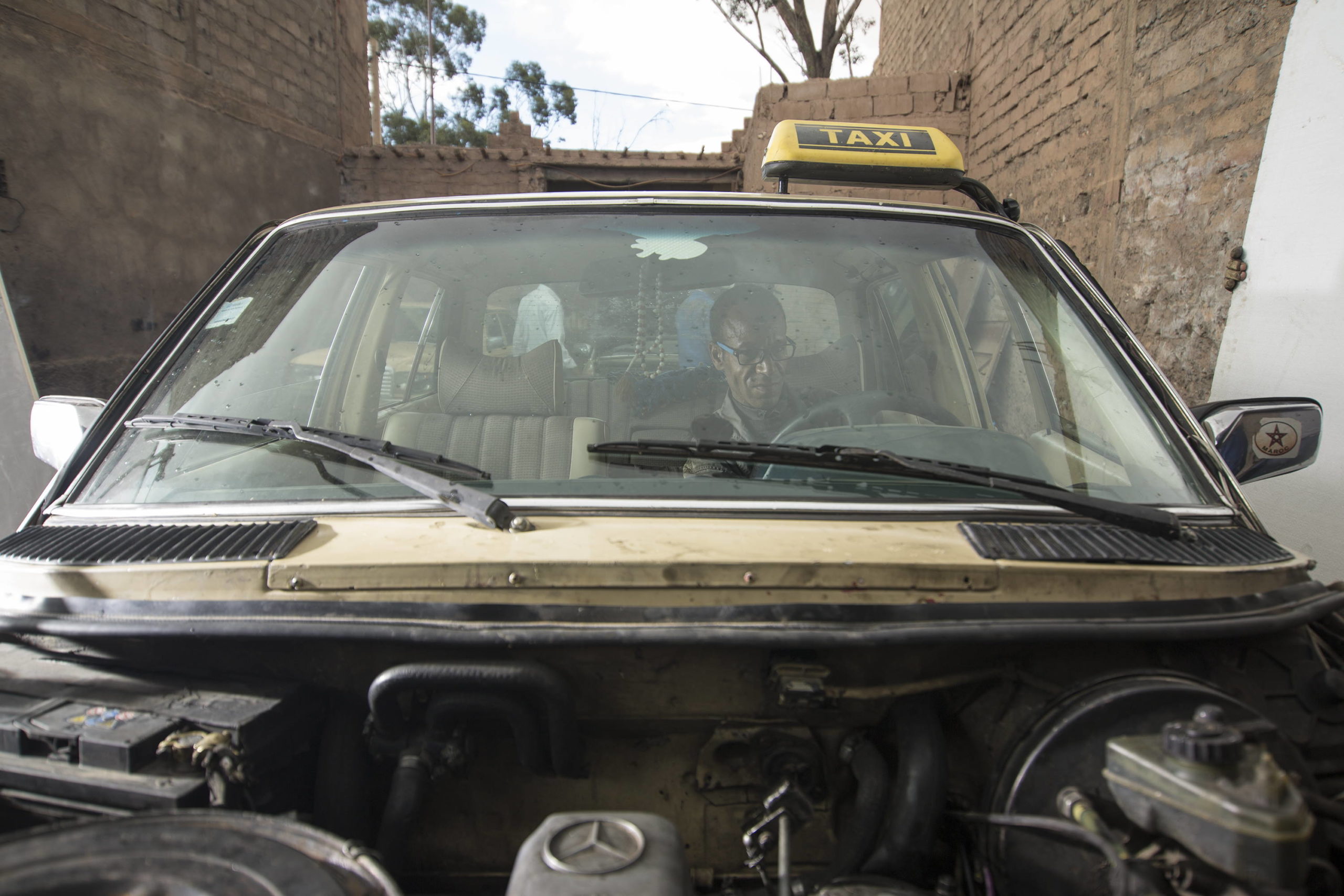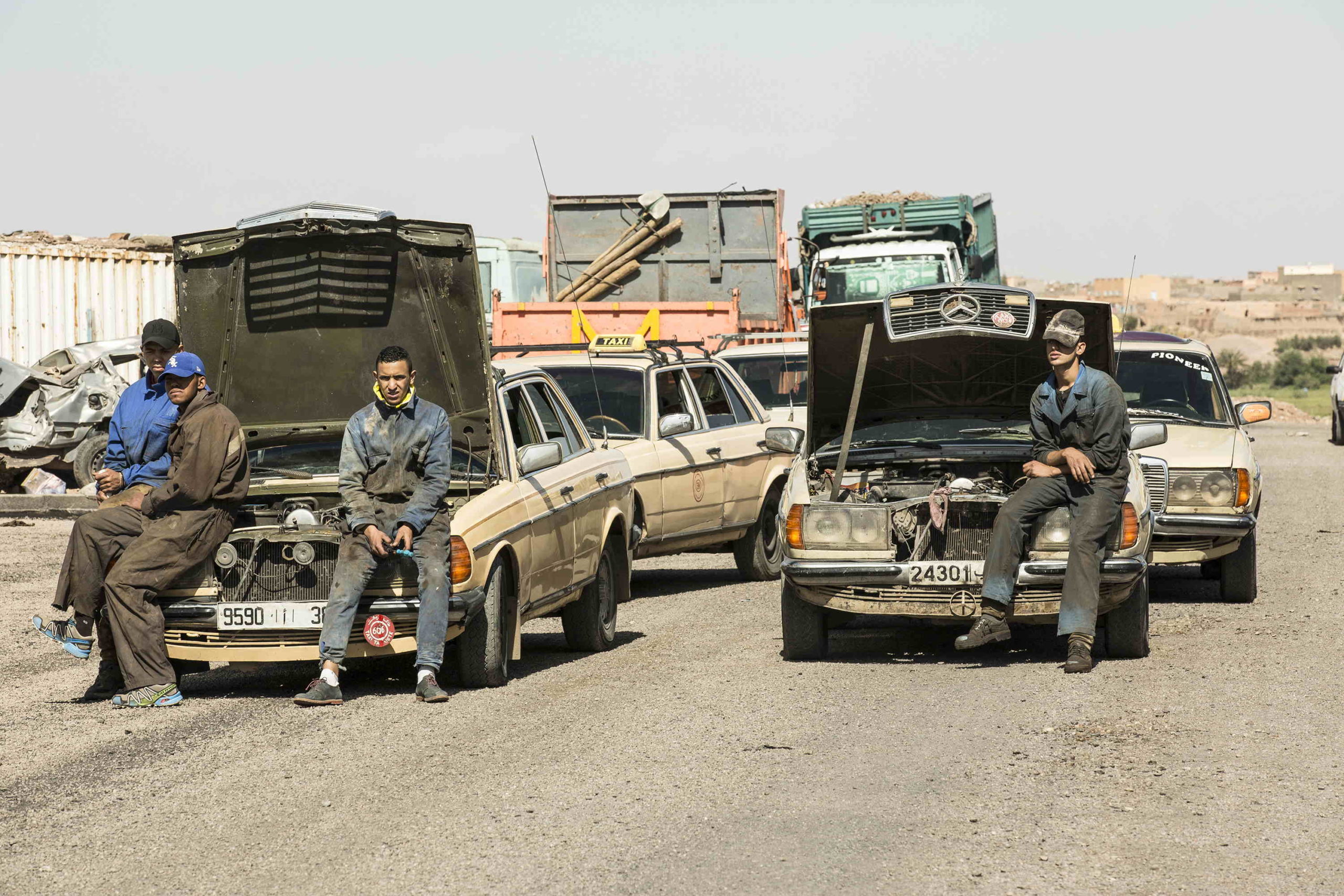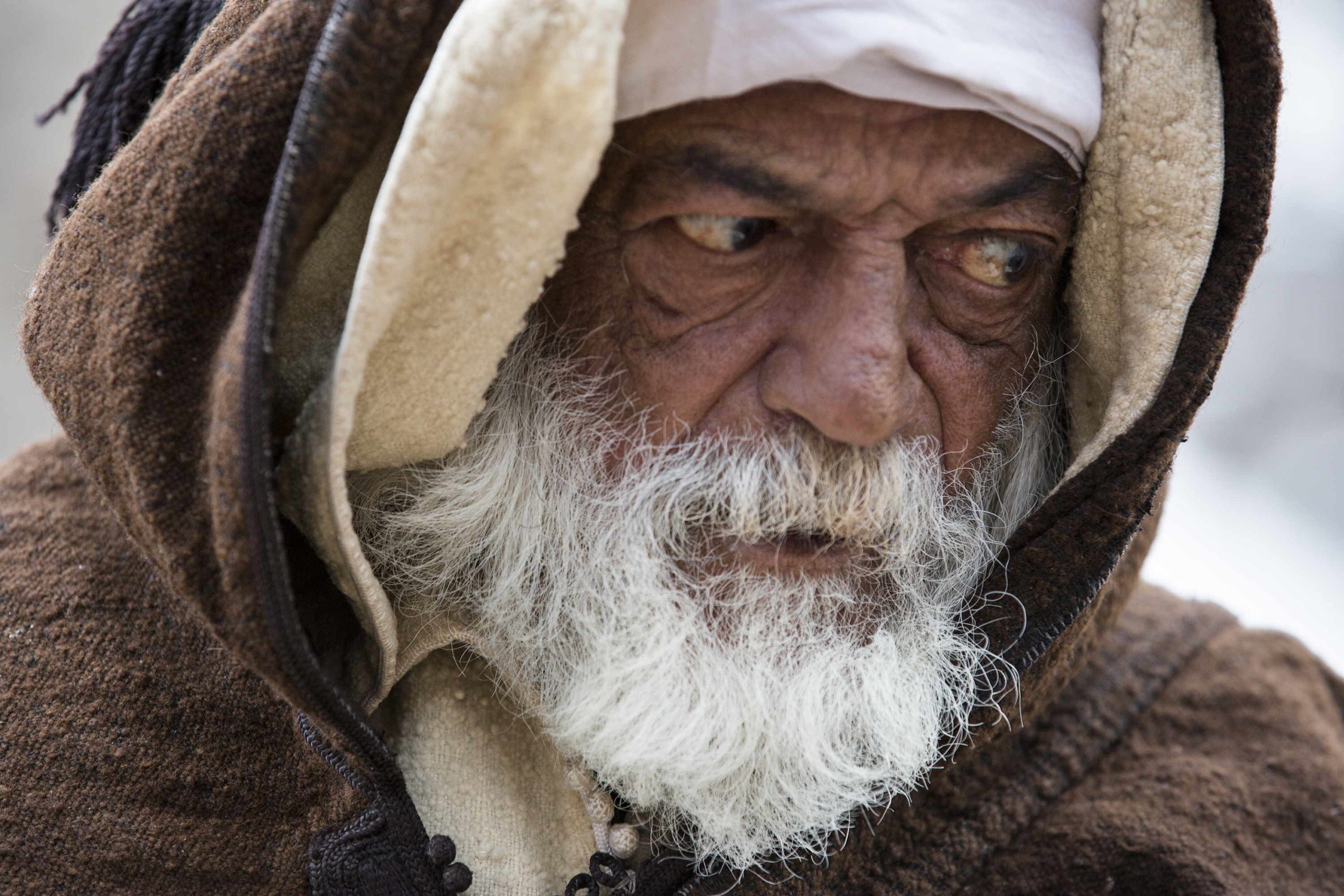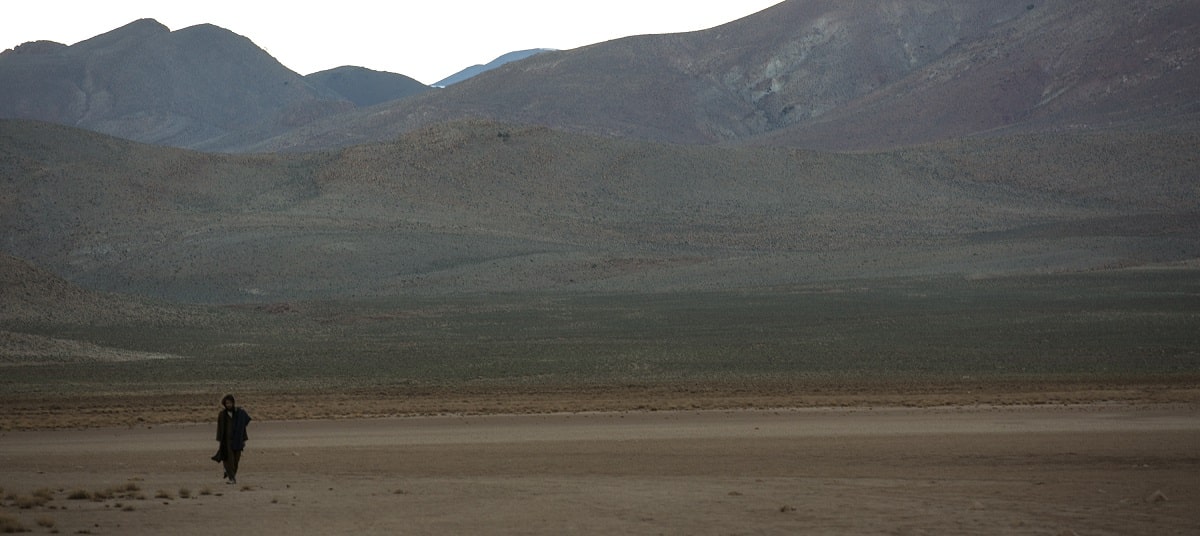Semaine de la Critique. Festival de Cannes (France). Grand Prix
SEFF Festival de Cine Europeo de Sevilla (Spain). Special Jury Award and Best Sound and Editing Special Mention
Cairo International Film Festival (Egypt). Golden Best Movie Golden Pyramid Award and Best Actor Award for Shakib Ben Omar
IFFR International Film Festival Rotterdam (Nederlands)
Mestre Mateo Awards (Spain). Best Director and Best Producing Direction Award
BAFICI Buenos Aires Festival Internacional de Cine Independiente
(Argentina). “Vanguardia y Género” Special Mention
Viennale – Viena International Film Festival (Austria)
NYFF New York Film Festival (USA)
New Horizons International Film Festival (Poland)
Melbourne International Film Festival (Canada)
London BFI Film Festival (UK)
Karlovy Vary International Film Festival (Czech Republic)
Taipei Film Festival (Taiwan). Special Jury Award
Busan International Film Festival (South Korea)
FICUNAM – Festival Internacional de Cine UNAM (Mexico)
Toronto International Film Festival (Canada)
Festival du film et forum international sur les droits humains de Genève (Switzerland). Young Jury Special Mention
Art Film Fest (Slovakia). Best Director Special Mention
Minsk International Film Festival (Belarus). Listapad Silver Award for Art as Phenomenon.
Festival de Zaragoza (Spain). Special Mention
Shanghai International Film Festival (China)
Seminci – Semana Internacional de Cine de Valladolid (Spain)
L’Alternativa, Festival de Cinema Independent de Barcelona (Spain)
Cineuropa Santiago de Compostela (Spain)
AWFF Almería Western Film Festival (Spain). Best Neo-Western, Best Actor and Best Technical-artistic Contribution
FICCI Festival Internacional de Cine de Cartagena de Indias (Colombia)
Festival de Cine de Lima (Peru)
Leeds International Film Festival (UK)
Moscow Film Festival (Russia)
Istambul Film Festival (Turquía)
HKIFF Hong Kong International Film Festival


